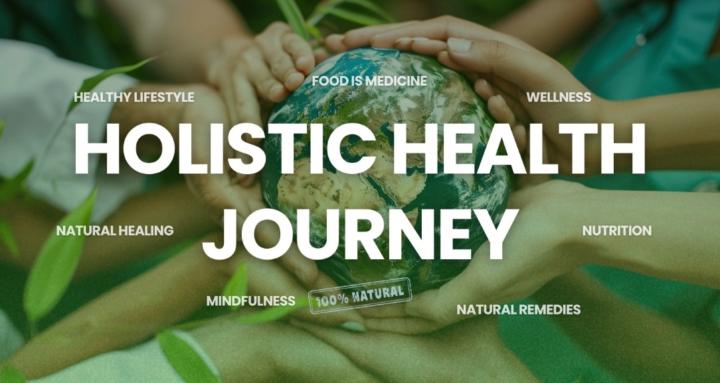4d • Circle of Care
🛑 “Why Can’t My Loved One’s Doctor Talk to Me?”
A Circle of Care Reality Check
You’re trying to help. You’re worried. You’re showing up.
So why does it feel like the system is shutting you out?
💡 Here’s the truth:
Privacy laws like HIPAA protect patient information—even from family members. That includes spouses, adult children, and yes, sometimes even parents of minors. Depending on age, state laws, and the nature of care (think mental health, reproductive health, or substance use), minors may have the legal right to keep their medical information private—even from their own parents.
📋 So what can you do?
You can’t override privacy laws—but you can prepare:
- ✅ Consent for individual visits or results: Your loved one can sign a release form allowing you access to specific information. These are often time-limited and visit-specific.
- 🛡️ Legal Power of Attorney (POA): A POA document gives you broader authority to make decisions and access records. It must be signed while your loved one is competent and willing.
- 🧠 Advance directives and care plans: These help clarify wishes before a crisis hits—and can include communication preferences.
🧭 Circle of Care means being ready before the storm.
Ask yourself: How prepared are you?
💬 Talk to @Shonda Brock and our partners at SSP to explore your options, get forms, and build a care plan that respects both privacy and connection.
5
1 comment

skool.com/mylera-wellness-8191
🌿 Unlock smarter wellness with MyLera—heal with food, dive into lessons & energize your journey with vibrant community discussions. Earn Rewards! 💚
Powered by





